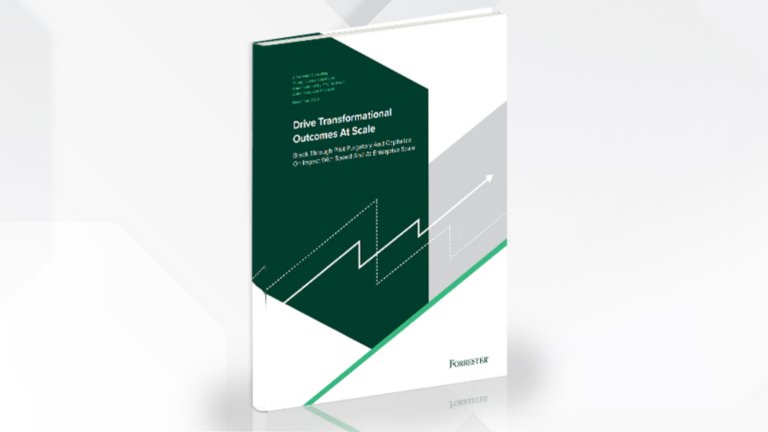1. Meeting the challenge of technology
In a digital transformation programme, technology is key. But implementation is often challenging, as there are so many market solutions. Most companies accumulate a patchwork of various point solutions and end up with an expensive, overly complex set of IT, technical, and sometimes artisanal solutions instead of a single, integrated system. In addition, this study uncovered that 78% of respondents who implemented fragmented solutions encountered difficulties in demonstrating the results of their digitalisation project.
One example of this in action over the past year was from an international pharma group who were able to remotely deploy a fully functioning manufacturing environment in China at the height of the pandemic. Technicians would usually install this type of environment in person. However, in this instance, they turned to remote support resources, such as augmented reality – all without compromising on customer service. This is an example of technology rising to the challenge whereby their installations happened without any domestic-based experts on the ground, instead overseeing operations remotely, without affecting either productivity or efficiency.
2. Deploying digitalisation company-wide
A convoluted, patchwork approach to digital solutions has also led 62% of survey respondents to claim that they have difficulty applying transformational results company-wide. This extends further as 67% have difficulty deploying across their network of factories due to the local variations of IT and operational systems. In addition, only 16% of POCs have been deployed company-wide in the past two years marking the significance of this problem that executives need to be able to deal with.
3. Convincing management
In these projects, the support of key services (production, maintenance, IT department, logistics, administration, etc.) is essential. But the relevance of support from management figures and key stakeholders is critical. However, the complexity of such programmes when combined with the slow nature of generating desired results mean that 74% of respondents believe that the deployment of projects is far too arduous and time consuming. This leads to 68% not feeling supported by their management as result of the lack of clear, tangible, visible results.
And that last point is one we see come up again and again: despite the promises of efficiency, productivity, innovation and sustainability, the road to achieving digitalisation just seems too daunting to many decision makers. But that doesn’t have to be the case.




